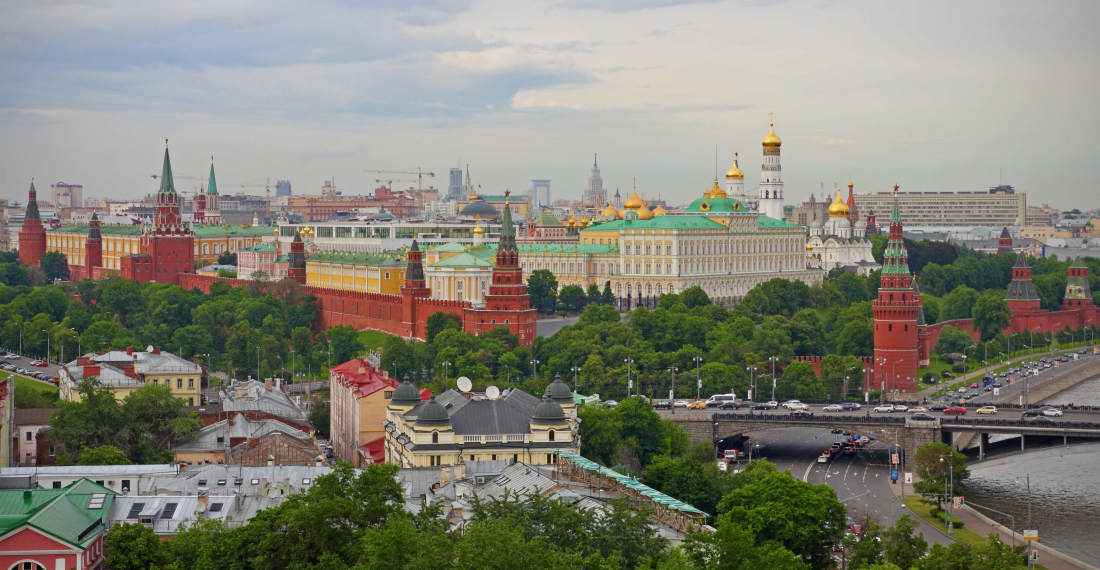The following is an informal translation of the text of the agreement between the leaders of Russia, Armenia and Azerbaijan as published on the website of the president of Russia (in Russian) on 10 November 2020.
We, the President of the Republic of Azerbaijan I. G. Aliyev, the Prime Minister of the Republic of Armenia N. V. Pashinyan and the President of the Russian Federation V. V. Putin, have declared the following:
1. A complete ceasefire and all hostilities in the zone of the Nagorno-Karabakh conflict are announced from 00:00 Moscow time on November 10, 2020. The Republic of Azerbaijan and the Republic of Armenia, hereinafter referred to as the Parties, stop at their positions.
2. The Aghdam region is returned to the Republic of Azerbaijan until November 20, 2020.
3. Along the line of contact in Nagorno-Karabakh and along the Lachin corridor, a peacekeeping contingent of the Russian Federation is deployed in the amount of 1,960 servicemen with small arms, 90 armored personnel carriers, 380 units of automobile and special equipment.
4. The peacekeeping contingent of the Russian Federation is being deployed in parallel with the withdrawal of the Armenian armed forces. The duration of the stay of the peacekeeping contingent of the Russian Federation is 5 years, with automatic extension for the next 5-year periods, if none of the Parties declares 6 months before the expiration of the period of intention to terminate the application of this provision.
5. In order to increase the effectiveness of control over the implementation of the agreements by the Parties to the conflict, a peacekeeping center is being deployed to control the ceasefire.
6. The Republic of Armenia will return the Kelbajar region to the Republic of Azerbaijan by November 15, 2020, and the Lachin region by December 1, 2020. The Lachin corridor (5 km wide), which will ensure the connection of Nagorno-Karabakh with Armenia and at the same time will not affect the city of Shusha, remains under the control of the peacekeeping contingent of the Russian Federation.
By agreement of the Parties, a plan for the construction of a new route along the Lachin corridor will be determined in the next three years, providing communication between Nagorno-Karabakh and Armenia, with the subsequent redeployment of the Russian peacekeeping contingent to protect this route.
The Republic of Azerbaijan guarantees the safety of traffic along the Lachin corridor of citizens, vehicles and goods in both directions.
7. Internally displaced persons and refugees are returning to the territory of Nagorno-Karabakh and adjacent areas under the control of the Office of the UN High Commissioner for Refugees.
8. There is an exchange of prisoners of war, hostages and other detained persons and bodies of the dead.
9. All economic and transport links in the region are unblocked. The Republic of Armenia guarantees the safety of transport links between the western regions of the Republic of Azerbaijan and the Nakhichevan Autonomous Republic in order to organize the unimpeded movement of citizens, vehicles and goods in both directions. Control over transport communication is carried out by the bodies of the Border Guard Service of the FSB of Russia.
By agreement of the Parties, the construction of new transport communications linking the Nakhichevan Autonomous Republic with the western regions of Azerbaijan will be provided.
You can see the version in Russian on the website of the president of Russia here
source: commonspace.eu with kremlin.ru






